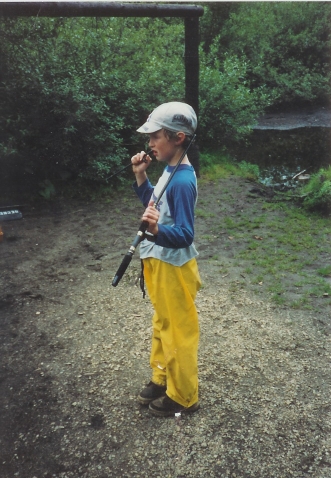"In the crisis of the world the church becomes aware of its own crisis: not that merely of a weak and responsible institution but of one which is threatened with destruction. It is true ... that the church will probably survive in some form in any circumstances, and that the real question is whether it will survive as a reliable witness to the Christian faith. Yet it is also true that the larger question receives part of its urgency from the threat of extinction. It was when Israel's life as a nation was in danger that the prophets came to understand the more dire peril to Israel as a people of God ...
"Yet a society based, as the church has been, upon the conviction that to seek life is to lose it, must discover the fallacy in any attempt merely to live for the sake of living ... The church then realizes that the important question is not how to save its life but rather how to keep its soul, how to face loss, impoverishment, and even death without surrendering its self, its work, and its service.
"From the point of view of civilization the question of the church seems often to be regarded as that of an institution which has failed to adjust itself to the world and which is making desperate efforts to overcome its maladjustments. The problem it presents is that of a conservative organization which has not kept abreast of the times, which has remained medieval while the world grows modern, dogmatic while civilization was becoming scientific; which is individualistic in a collectiveist period and theological in a time of humanism ...
"It is true also, within certain limits, that failure to adjust results in decay as is evident in all mere traditionalism .... The failure of traditionalism, moreover, is less in its lack of adjustment to changing conditions than in the confusion of the spirit with the letter and in blindness to the actual shift of attention from the meaning to symbol that has taken place within the church.
"In the faith of the church, the problem is not one of adjustment to the changing, relative, and temporal elements in civilization but rather one of constant adjustment, amid these changing things to the eternal.
"WHAT IS ENDANGERED in the church is the secular elements: its prestige as a social institution, its power as a political agency, its endowment as a foster-child of nation or of class. And this very peril indicates that the church has adjusted itself too much rather than too little to the world in which it lives." - H. Richard Niebuhr (1935)
Subscribe to:
Post Comments (Atom)

No comments:
Post a Comment